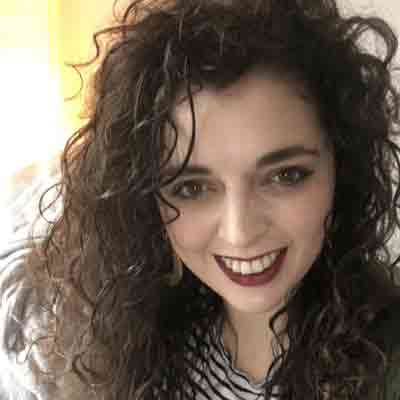When Donna Graves joined the Department of History as a Fulbright scholar we were given the chance to work on her project, as research officers.
The project centered around how heritage sites can be used to tell stories of the climate crisis in our contemporary world. It would be enlightening and exciting and we’ve each learned so much along the way.
My story - Liam
Having previously interned on a local heritage project in 2016, working as a research officer for Fulbright was the perfect opportunity to gain further experience in this area while dealing with the immediate issue of climate change.
To witness first-hand how climate change had now become a major talking point for the UK heritage sector, and to be part of these discussions, was a privilege. We were able to reflect on the previous work we had undertaken, applying that experience and think about how we, as both historians and storytellers, could and should be doing more to explore the history of climate change.
This role allowed me to develop my communication skills, tailoring academic and historical content to varying audience levels, resulting in a presentation with colleagues from the University of Essex and Derby at the Manchester Histories Festival in June this year.
My story - Michael
As PhD students, this opportunity has allowed us to understand the wide use of heritage, more stories than we ever thought. For example, Michael has been researching the early modern stories in heritage sites and how they have been used to make arguments throughout history; but Donna’s work tells us about how these sites can tell us much more about the environment and current concerns. In doing so, it has allowed us to see the relevance, importance and need for historical research in our own contemporary landscape and helped us develop our own projects and ideas. The Fulbright project has helped us, not only as historians, but also as communicators in how we present the historical information in these sites to visitors and local residents.
Fulbright has allowed us as historians to engage our work and our interests in the public sphere and gave us the opportunity to impact local communities around us; it helped us to put theory into action and see the importance of our local heritage in the twenty-first century.
My story - Louise
The legacy of the Fulbright project has provided us with the opportunity to use what we have learnt and our experiences and apply this to our work within the Department of History. Donna’s practice highlighted the importance of relationship building and collaboration in the arts and heritage when it comes to the climate crisis, so what other spheres could heritage lend its skills to?
I imagined a future in the humanities at Essex that took a similar shape, culminating in a collection of like minded individuals that see the value in applying their subject knowledge to real world issues and scenarios. Together we have begun to develop the idea of a network that will bring together the humanities and champion ideas sharing in creative environments, drawing on our experience with the wild writing and phd workshop events, with the themes covered, coming together in an Essex based conference.
Thus, Fulbright has drawn attention to the limitless possibilities and outcomes frequent and supported collaboration can have: by putting aside scheduled time to create something together, the humanities can have a real impact on global issues.







